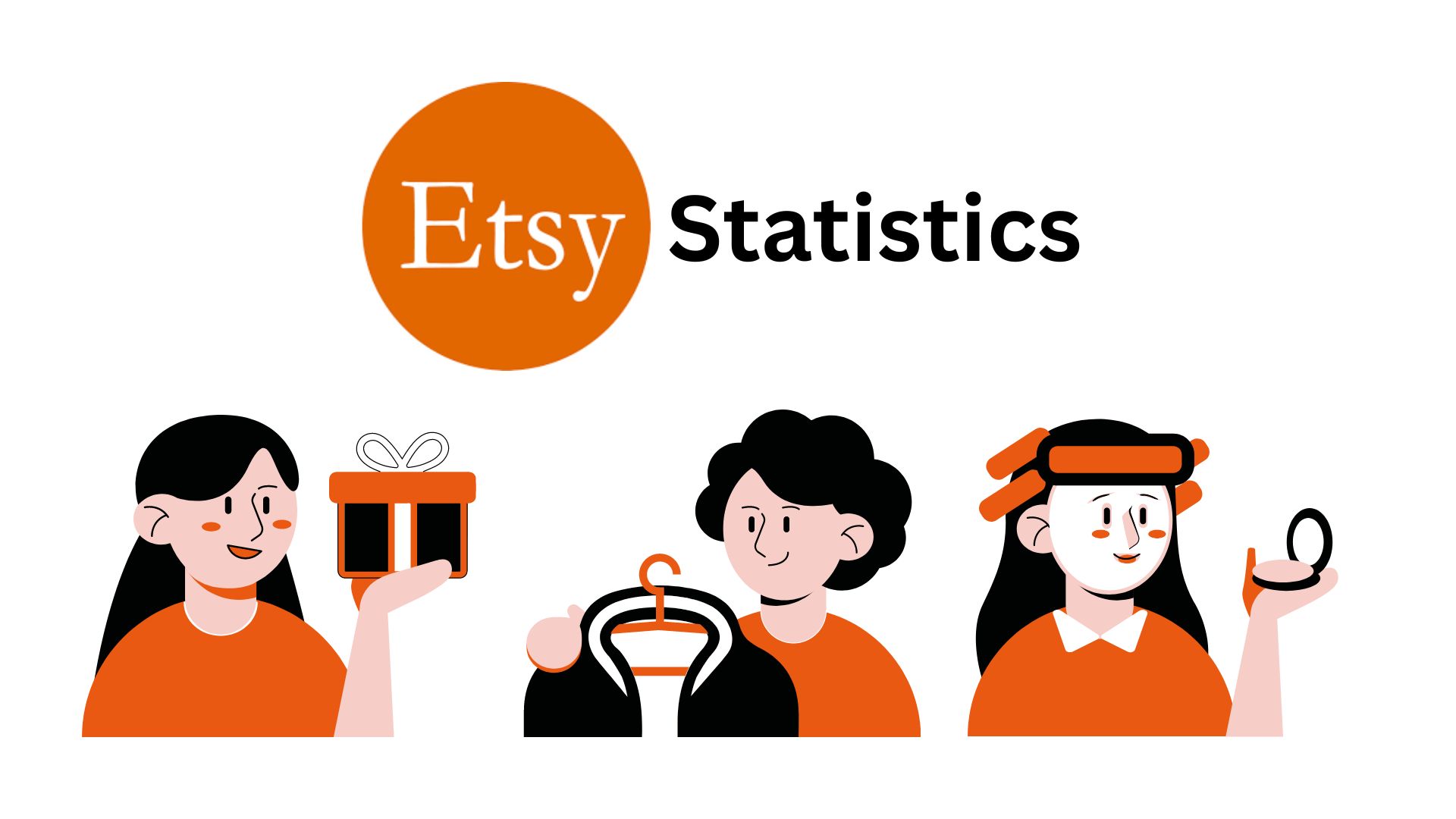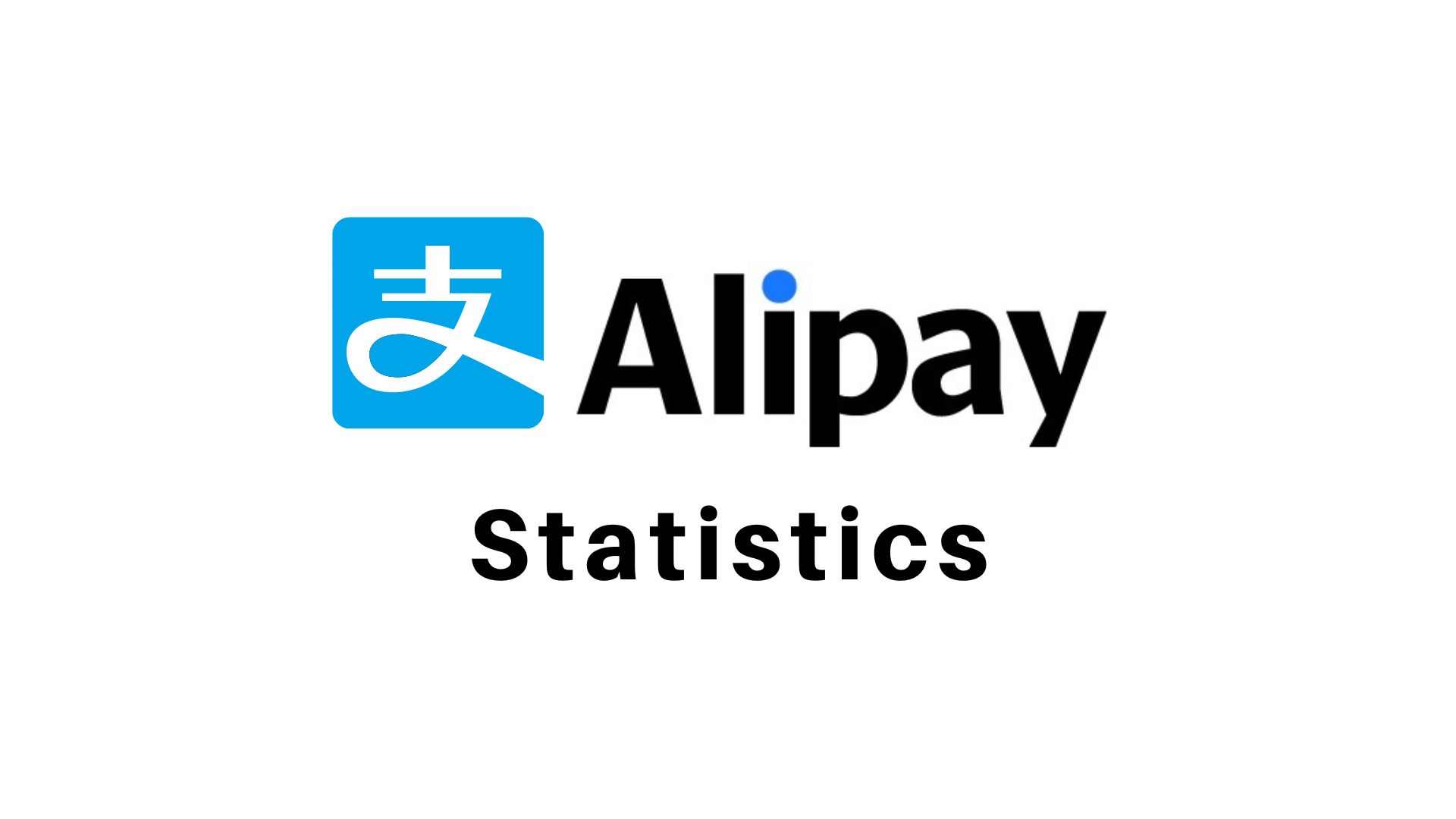Calif. Probes Pac Bell DSL Cramming
The California Public Utilities Commission (CPUC) Friday says it will investigate claims that Pacific Bell under reported its consumer cramming complaints.
Cramming refers to unexplained charges on your phone bill for services you never ordered, authorized, received, or used.
The probe covers Pacific Bell, SBC Advanced Solutions, Inc. (SBC-ASI), and Pacific Bell Internet Services (Pacific Bell Internet) over billed customers for DSL and related service.
If the San Ramon, Calif.-based property of SBC Communications is found in violation of the charges, its DSL customers could reap some major refunds. As it stands, all three companies could face anywhere from $500 to $20,000 per-violation/per-day fines if the charges prove true, according to the CPUC.
From 1999 to 2001, the CPUC received 753 consumer complaints from Pacific Bell, SBC-ASI, and Pacific Bell Internet customers for billing for unauthorized DSL and/or Internet services.
A CPUC staff report determined that, “Pacific Bell, SBC-ASI, and Pacific Bell Internet have billed consumers for DSL and/or Internet services that were neither ordered nor received and/or ordered but not received; billed consumers for DSL and/or Internet services after the consumer requested termination of the service(s); billed consumers twice for the same DSL and/or Internet service; and billed consumers for services or products that were promoted as free or as less expensive than the charges ultimately placed on the consumers' telephone bills.”
The red flag was raised after Pacific Bell's three quarterly reports to the Commission for 2001 showed zero complaints.
However, according to a review of Pac Bell's database that tracks consumer complaints, some 283 were against SBC-ASI for unauthorized billing for 2001.
As a result of the alleged violations, the Commission has ordered the companies to provide CPUC with all records of customer complaints in California that relate to billing practices from 1999 to present by February 22, 2002.
The allegations and any additional information that is relevant to the investigation will be addressed during a future CPUC hearing.
No Alternative
But the underlying problem, according to the California ISP Association (CISPA) is lack of true competition in the market.
The broader issue is not over billing customers for DSL service, it's that most don't have an alternative to go to,” says CISPA executive director Mike Jackman. “Unfortunately what we have in California is a near impossible situation where independent ISPs have to compete with Pac Bell when its parent company is supplying their service. This is why SBC has 85 percent of the market.”
CISPA had been trying to negotiate with Pac Bell and SBC since July 26, 200. That's when CISPA, which represents 130 Internet service providers in California, filed a complaint alleging that SBC is participating in unfair business practices in the high-speed Internet access market.
The group says the CPUC's regulatory status for carriers in the state is one of the last stopgap measures the smaller providers may have that would prevent a monopoly by SBC in California's DSL market.
Talks have since broken down and now CISPA is going forward with a suit against SBC in California courts. The next round of hearings on the subject is scheduled for this spring.

Michael Singer is a career coach, podcast host, and author to help you step into a career you're excited about. Currently, He is a coach and trainer helping entrepreneurs and executives achieve business and leadership success. He is also an award-winning business journalist focused on the intersection of technology, Big Data, Cloud, SaaS, SAP, and other trending technology.



